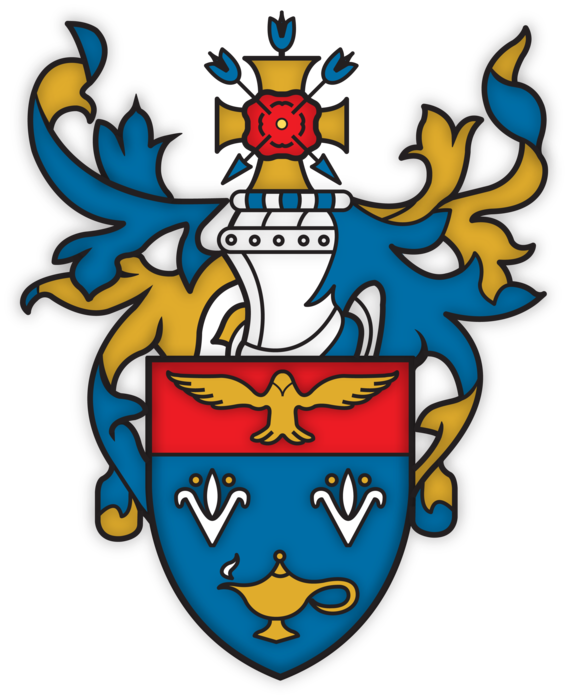Economics
The Economics Department offers an intellectually stimulating and challenging environment and strives to give students a lifelong love of current affairs and inspire a passion for Economics. We establish an educationally motivating environment via high quality teaching in our classrooms.
The Economics Department believe in a spiral curriculum approach to topics which promotes active recall and long-term retention. This is achieved by revisiting topics regularly through prior learning and chains of reasoning within lessons, and where the Year 2 curriculum content builds upon the strong foundations laid in Year 1.
The Economics Department use questioning and critical thinking to make students aware, and have understanding of, the ever-shifting economic situations both domestically and globally. The department remain agile in their teaching to draw from current affairs, particularly economic shocks. Analytical thinking skills are central to success and these are actively promoted within lessons through well planned questioning and activities.
Synoptic study ensures that students get the opportunity to actively demonstrate and apply their knowledge from across both disciplines and to contextualise information to succeed at the highest level. Real life links and super curricular work are reflected here, with links to Politics, Geography and History at the fore.
The department actively promotes the role of Economics as a subject within the world of work and in further study including subject specific degrees, joint honours and apprenticeships. Careers stemming from Economics studies are highlighted and students whose interests lie within this field are encouraged to explore these career paths.
Up-to-date knowledge is the key to success with Economics, and staff and students have the opportunity to regularly reflect on their learning journey. Along with a focus on the refinement of study skills linked particularly to the assessment objectives and chains of reasoning, the skills needed to achieve the highest grades which also transfer to the world of work are embedded. Staff positively model wider reading by regularly using current articles and features in their lesson content.
Curriculum Summary
Qualification: A Level
Awarding Body and Paper: AQA 7136
The course is split into two sections – Micro- and Macro-economics, taught by different teachers.
The Microeconomic curriculum
Individual, firms, markets and market failure
1 Economic methodology and the economic problem
2 Individual economic decision making
3 Price determination in a competitive market
4 Production costs and revenue
5 Perfect competition, imperfectly competitive markets and monopoly
6 The labour market
7 The distribution of income and wealth: poverty and inequality
8 The market mechanism, market failure and government intervention in markets
The Macroeconomic Curriculum
The national and international economy
1 The measurement of macroeconomic performance
2 How the macroeconomy works: the circular flow if income. AD/AS analysis and related concepts
3 Economic performance
4 Financial markets and monetary policy
5 Fiscal and supply- side policies
6 The international economy
The course is 100% examination, with three compulsory question papers; each paper is 2 hours and worth 80 marks. Each paper has equal weighting of 33.3%.
Paper 1 – Markets and market failure (Microeconomics).
Microeconomics content assessed
Written exam made up of two sections A and B.
Section A: Data response questions requiring written answers, choice of one from two contexts worth 40 marks.
Section B: Essay questions requiring written answers, choice of one from 3, worth 40 marks (one x 15 mark, one x 25 mark)
Paper 2 – National and international economy (Macroeconomics).
Macroeconomic content assessed
Written exam made up of two sections A and B.
Section A: Data response questions requiring written answers, choice of one from two contexts worth 40 marks.
Section B: Essay questions requiring written answers, choice of one from 3, worth 40 marks (one x 15 mark, one x 25 mark)
Paper 3 – Economic principles and issues (synoptic)
Entire course content assessed.
Section A: multiple choice worth 30 marks
Section B: case study questions requiring written answers worth 50 marks
